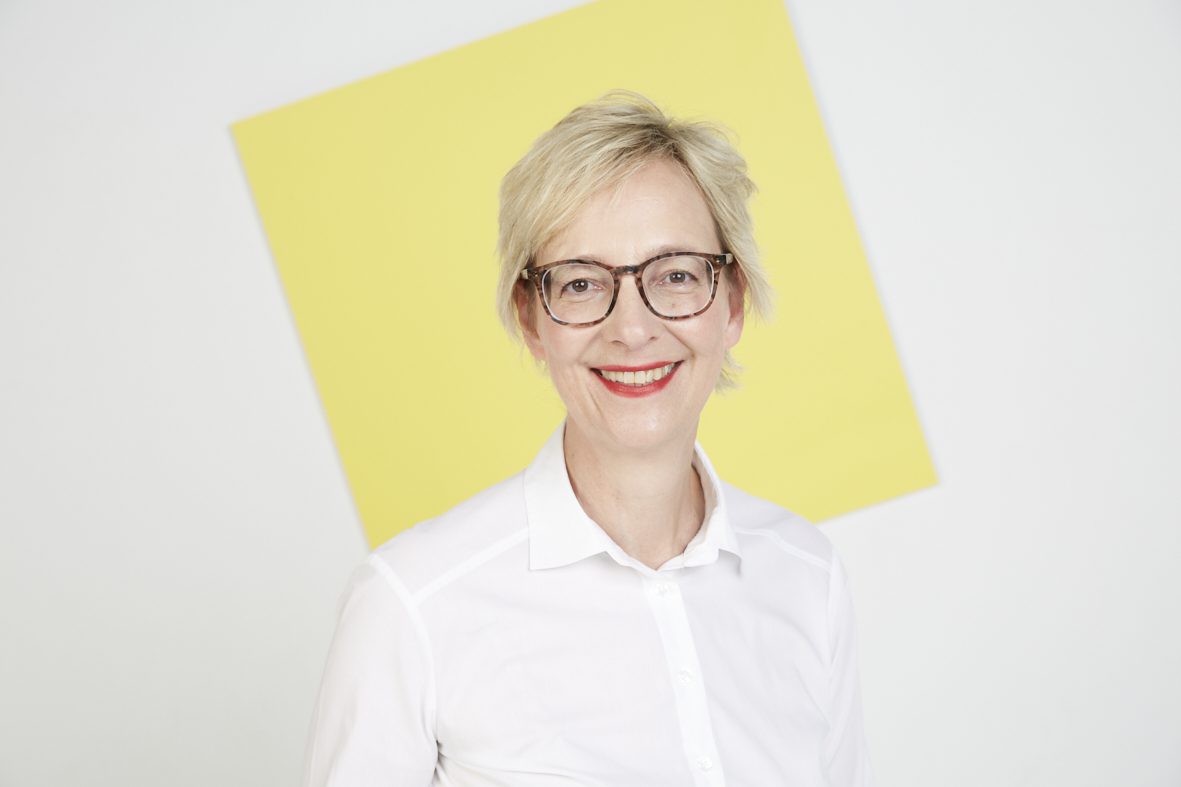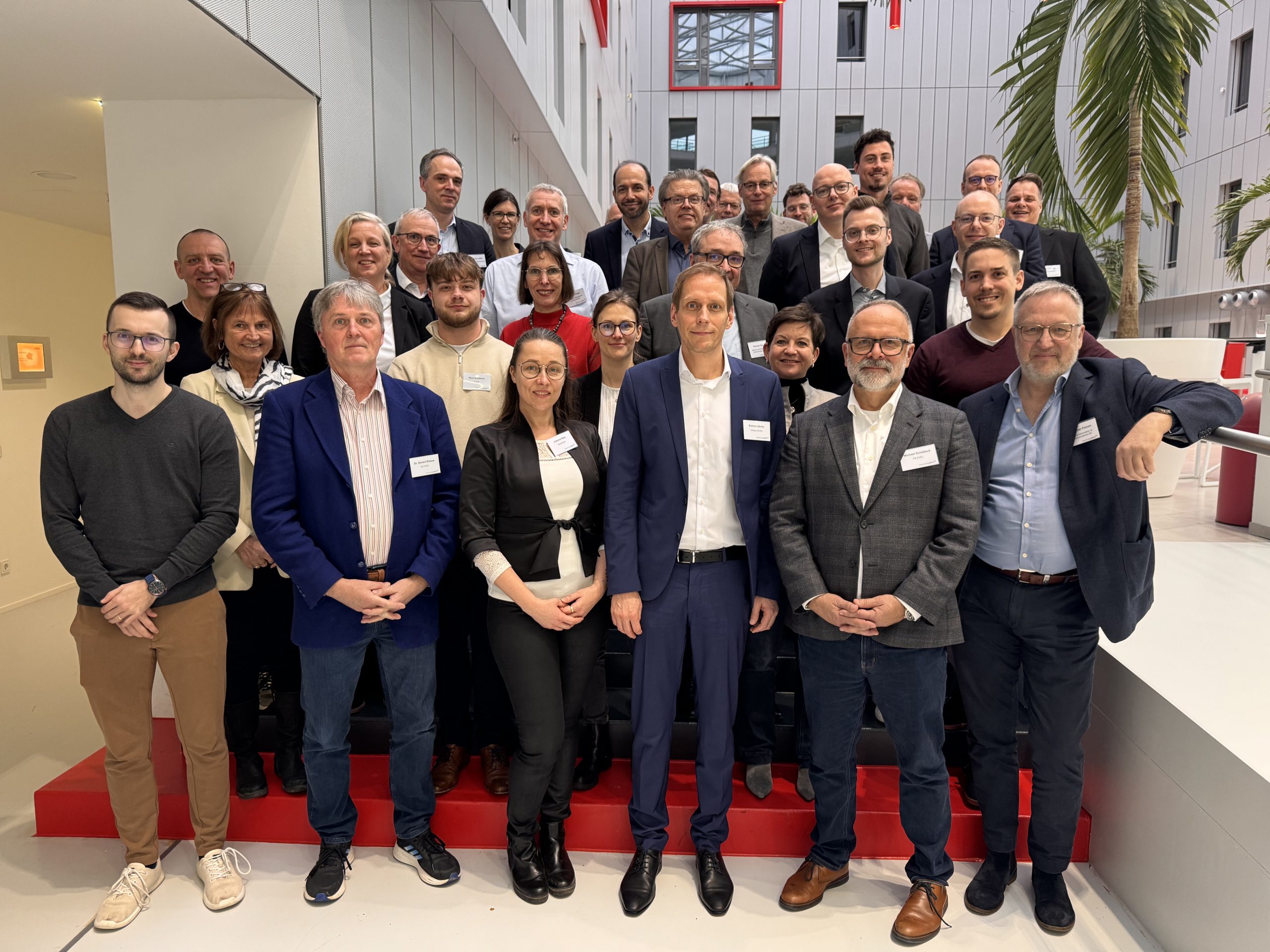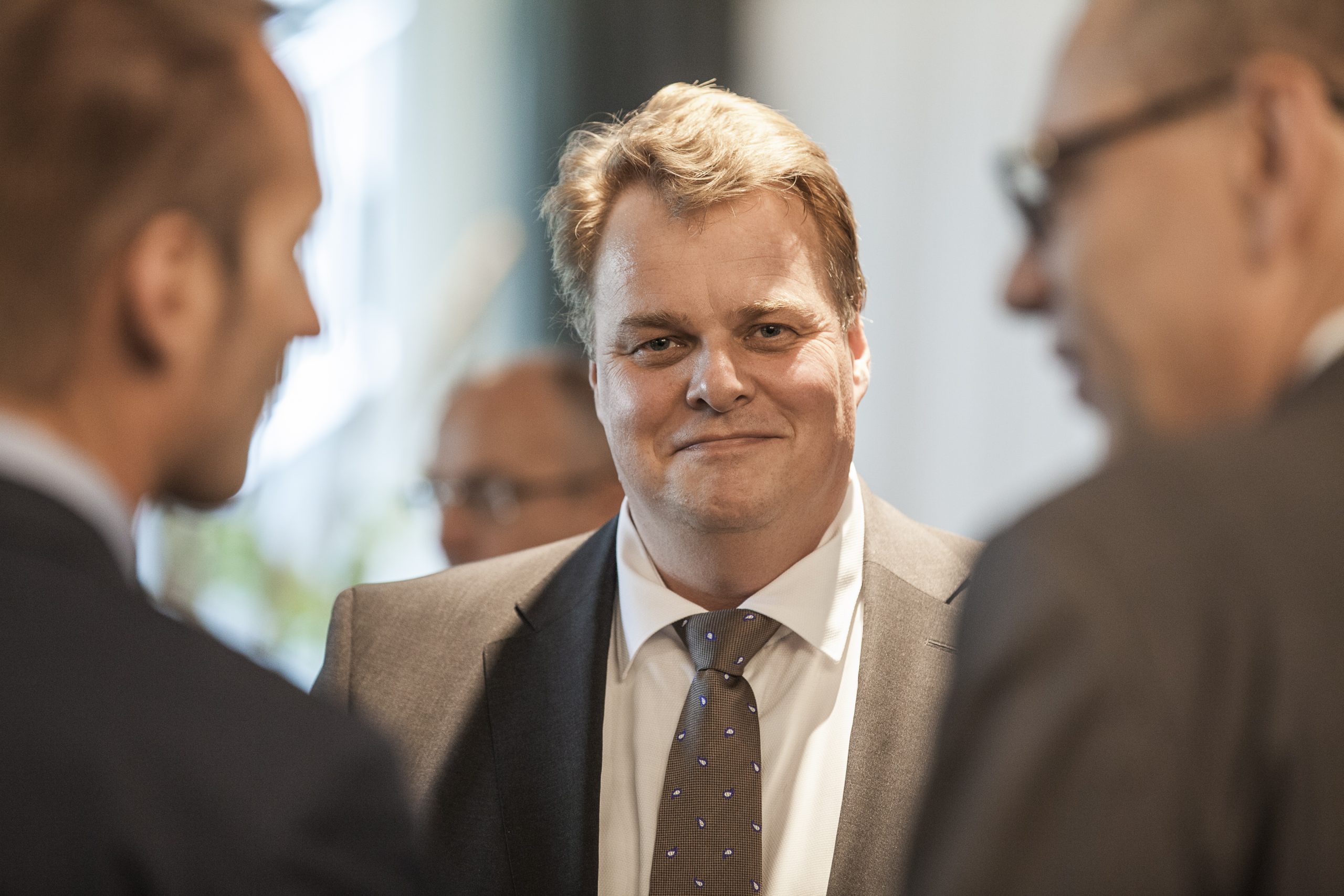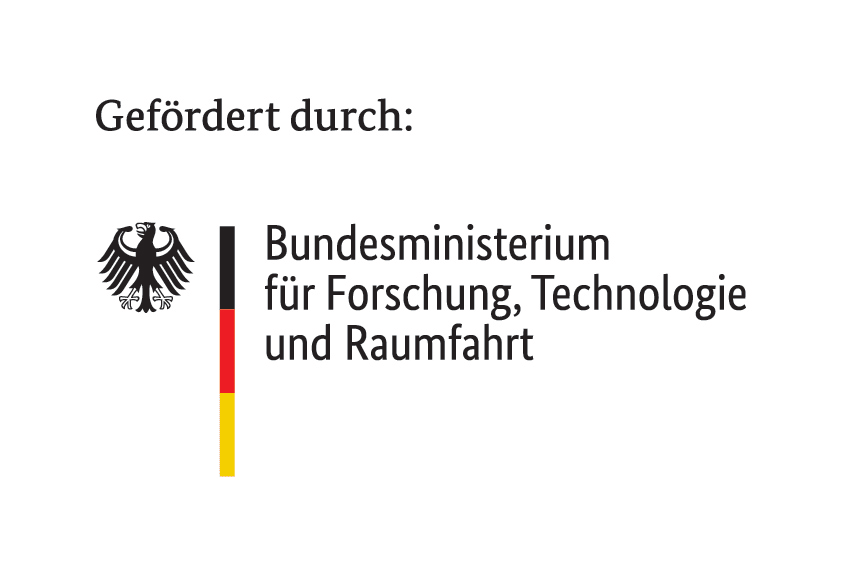“In IT, we must always see it as our responsibility to protect users and their data.”
19. February 2025
6 minutes
Christine Regitz is President of the Gesellschaft für Informatik e. V. (GI). With more than 17,000 personal and 250 corporate members, the GI is the largest and most important professional society for computer science in the German-speaking world. Ms. Regitz is actively committed to diversity and equal opportunities in IT. As Head of Women In Tech@SAP at SAP SE, she is responsible for strategic initiatives to promote women in the technology industry.

Ms. Regitz, you are committed to a digital transformation that actually works for society. For a highly developed location like Germany, it is “common sense” that we remain internationally competitive in terms of digitalization and position ourselves accordingly. In your view, what priorities need to be set here?
For me, the digital transformation starts at a very early stage: computer science education not only provides new generations with a range of skills to survive in an increasingly digital world. It is also a key factor for the success of our innovation location. Another focal point is diversity: without it, we cannot manage the digital transformation in Germany. For me, diversity is not just about promoting women in the technology sector. Innovation is created when people with different backgrounds and educational paths come together and contribute their perspectives and problems. In order to avoid being left even further behind by other countries, the right course must also be set now in business, research and politics. Digitization must be a priority in schools, companies and politics, the administration must be digitized for the future and a digital ministry is needed that is committed to connecting all of these topics.
Smart living has the potential to address many societal challenges, from the ageing population to the climate crisis. If you let your imagination run wild: How do you envision the perfect smart living environment in 2035? What should be digitized in the living environment?
My ideal idea of a smart living environment is not one that only impresses with convenience: I’m thinking of smart energy and concepts that allow us to make perfect use of the electricity we produce ourselves. I’m also thinking of buildings whose climate efficiency is increased thanks to intelligent networking. Smart solutions can also be used in care and medicine to improve precarious conditions: Here, digital care support or innovations in brain-computer interfaces can help to overcome limitations in our ability to communicate. However, the most visionary digital solutions are only as good as their security. IT security must always remain a priority. In IT, we must always see it as our responsibility to protect users and their data.
Smart living applications are used by everyone. However, building technology tends to have a male-dominated reputation. So how can we get more women into building technology? What can the industry do to inspire more women and, above all, to adopt a more female perspective in digital services, which is what the SmartLivingNEXT project is all about?
It is important to me to strengthen the subject of computer science in all its diversity. Up to now, it has often been viewed far too narrowly. Architecture, civil engineering, electrical engineering and computer science come together in building services engineering. There are currently many hyphenated subjects that are still not mentioned enough and are very popular with women in particular when choosing a course of study or career. It is important to make it clear that the tech sector is a modern, young and future-oriented industry that offers exciting topics and many different job profiles and occupational fields. Of course, education as a whole is important. Computer science should be taught as standard in schools, nationwide and compulsory – the earlier, the better. That way, we can reach girls much better and get them interested in the subject. Fortunately, it’s not the case that it’s really only men who are active and knowledgeable in these “male domains”. There are many women in science and business who have a passion and talent for digital – but they are far too often not seen as equals. Women in these fields should not only be recognized as valuable specialists, but also as role models for new generations.
In conclusion, Ms. Regitz: What key messages would you like to pass on to the SmartLivingNEXT stakeholders in order to successfully put the digital transformation of our living environments into practice? What do you think is particularly important in this regard, where should the priorities lie?
The users should always remain the top priority. Not just their interests and wishes: the protection of their personal data and the preservation of their self-determination must be at the center of the digital transformation. With these values in focus, new concepts should be developed and tested. But it is also up to us to make new technologies understandable to the wider society and thus further sensitize people to ethics in IT. People can only make informed decisions if they have skills and knowledge about the options and an environment that allows them to make their choice. Digital education and transparency at all stages of the digital transformation are therefore essential.
Ms. Regitz, thank you for the pleasant conversation!
Listen to the article (in German)
Editorial office:
Ilka
Klein
Category:
Flagship project
Copyright information
Foto: Mike Auerbach




